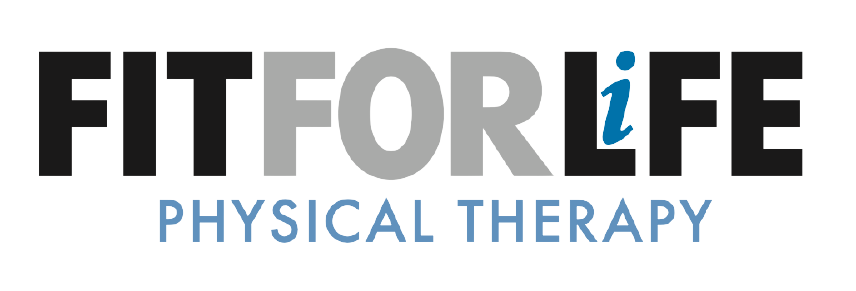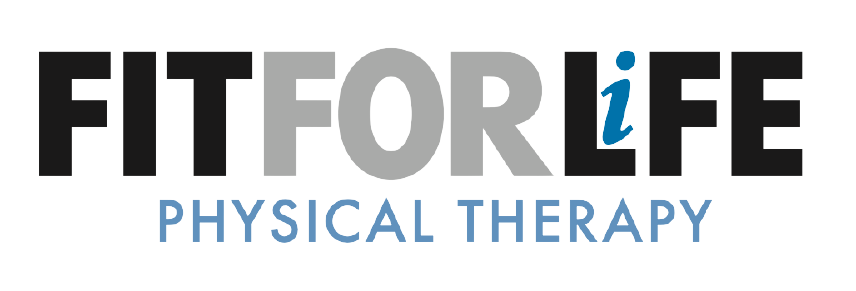Recovery & Avoiding Overtraining
Fit For Life Physical Therapy
As runners and walkers, we often put a great deal of thought into maximizing our training but extraordinarily little thought into recovery. Planning our time and making sure that we are fresh and well-recovered for the challenging days and weeks of training can be the difference between making it to the starting line injury free or not.
Fatigue is a normal part of training if it is short-lived, and we allow adequate recovery. Issues arise when stress (physical & psychological) is too high, with inadequate recovery. Performance becomes impaired and, as we have all been there, we are overtraining. Overtraining is not just about training load, it also includes multiple stressors like work and family life, emotional stress, and mental health. In addition to a performance decrease, overtraining can suppress our immune system and increase risk of infection and illness. It can even impair attention and reaction times.
Like many things, prevention is the best cure! Here are a few tips to add recovery into your training:
Make pre and post run or walk fueling a priority! Pre-run we need carbohydrates. Post run we need protein & carbs. Much more on this topic in future newsletters.
Include a recovery week about every fourth week in which training volume is reduced. A wise race director once said that recovery can be helped by one easier day per week, one easier week per month, and one easier month per year.
Include active recovery exercise such as swimming, elliptical, biking, or the AlterG Anti-Gravity Treadmill to provide physical & psychological recovery.
Do the little things like FFL’s NormaTec Compression sleeves, ice baths, stretching & Fit For Life Physical Therapy’s Runners and Walkers 10 exercises, compression socks, HyperVolt, massage, etc.
Make sleep a priority! Being deprived of sleep affects glycogen stores, bone health, & muscle strength. 7 to 9 hours of sleep each night is recommended, but an athlete needs 9 to 10 hours of sleep to reach their maximal recovery. More on this later.
Follow the 10% rule: only increase your mileage 10% each week.
Ask yourself “how am I?” If you are stressed or grumpy, it may be a sign you are overtraining.
With time and practice, you will find a sweet spot with training and know when to push harder and when to rest and recover. This will lead to lower injury risk and improved performance. Winning at many levels.
Fit For Life Physical Therapy cares for people of all activity levels - to help prevent, recover from, or rehabilitate sports & orthopedic injuries. We are proud to move people every day.
Please visit our website https://www.fitforlifephysicaltherapy.com/, email us at info@fitforlifephysicaltherapy.com, or call or text us at any of the phone numbers for our three convenient locations inside Fleet Feet/FrontRunner stores:
Polaris: 1270 East Powell Road Lewis Center, Ohio 43035 ~ 614-981-2065
Upper Arlington: 1344 West Lane Avenue, Columbus, Ohio 43221 ~ 614-981-1979
New Albany: 5792 North Hamilton Road, Columbus, Ohio 43230 ~ 614-581-7441

